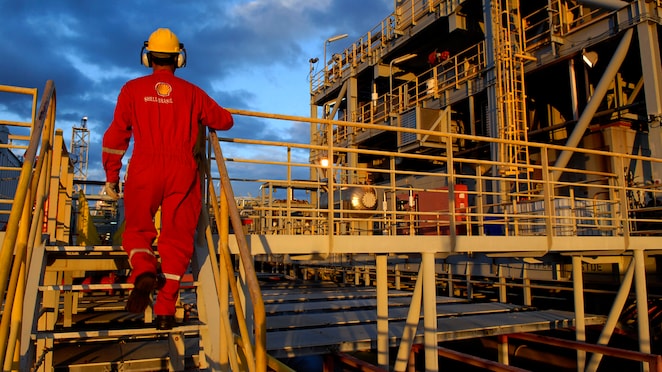Wael Sawan, the CEO of Shell stated that his company is being “very careful” with its Middle East shipments, due to the Israel-Iran conflict, to ensure not taking unnecessary risks, Reuters reported.
The conflict started on June 13, 2025 and escalated rapidly into a full-fledged exchange of missiles, drones, and air force strikes.
Sawan also highlighted the importance of Strait of Hormuz in this regard and the consequences of its closure, saying “The Strait of Hormuz is, at the end of the day, the artery through which the world’s energy flows, and if that artery is blocked, for whatever reason, it’ll have a huge impact on global trade.”
About 20% of the world’s oil and fuel flows through the Strait of Hormuz, a crucial waterway in the Middle East, and Sawan said what was particularly challenging was electronic interference disrupting commercial ship navigation systems.
He described the rise of oil and gas prices as “moderate”, noting that investors wait to see if there will be any possible damage to the physical infrastructure.
Shell plc, a global energy company, has maintained a significant presence in the Middle East for over a century, focusing on oil, gas, and more recently, clean energy. It has been involved in major projects in Iraq, Qatar, the UAE, Iran, Kuwait and Oman .




